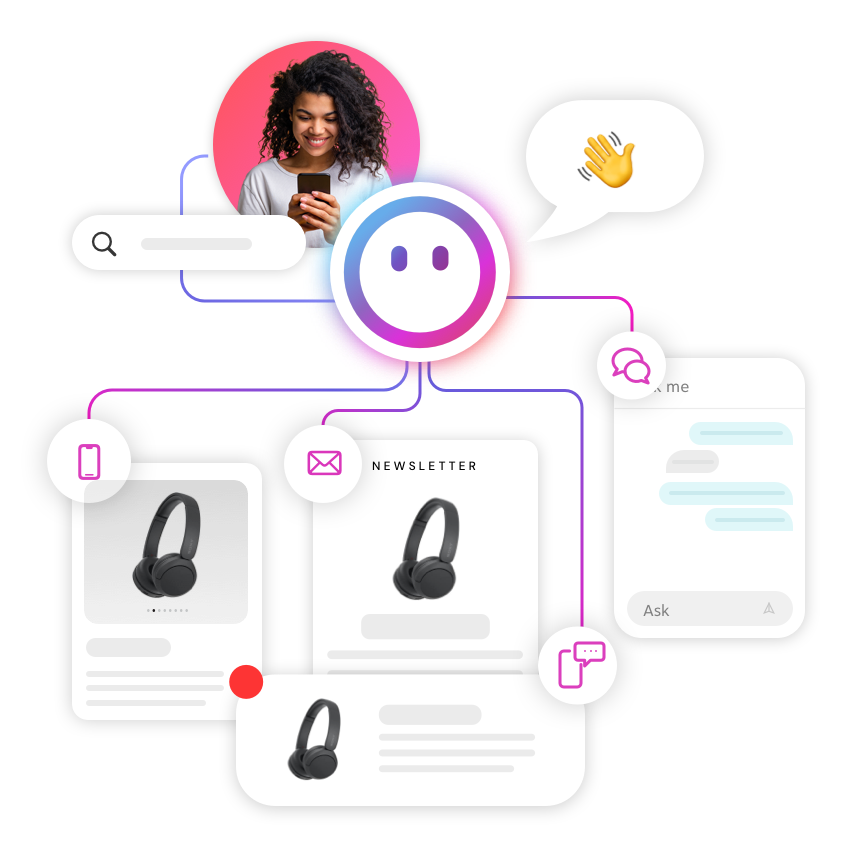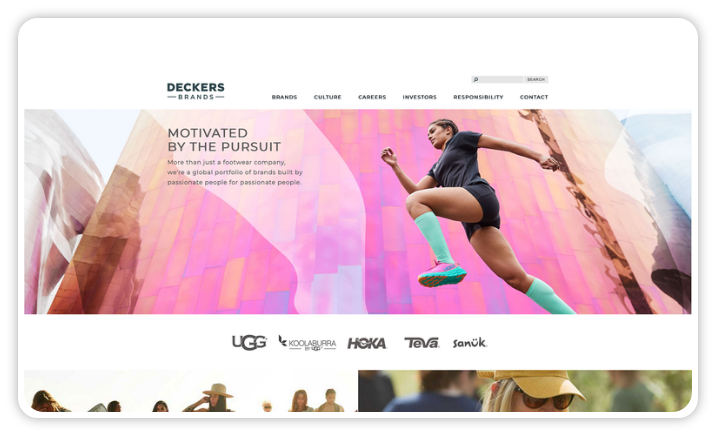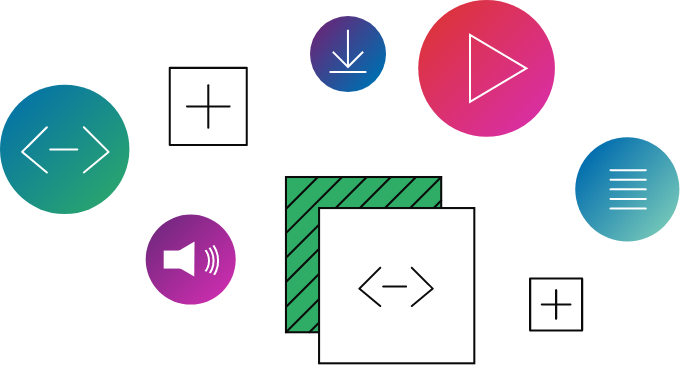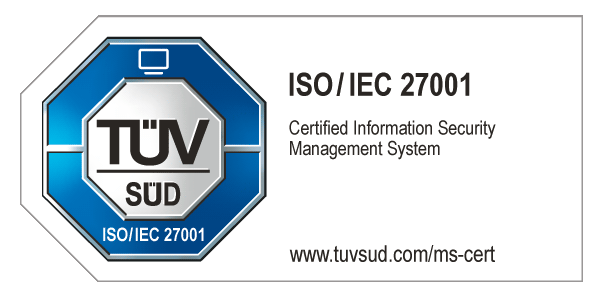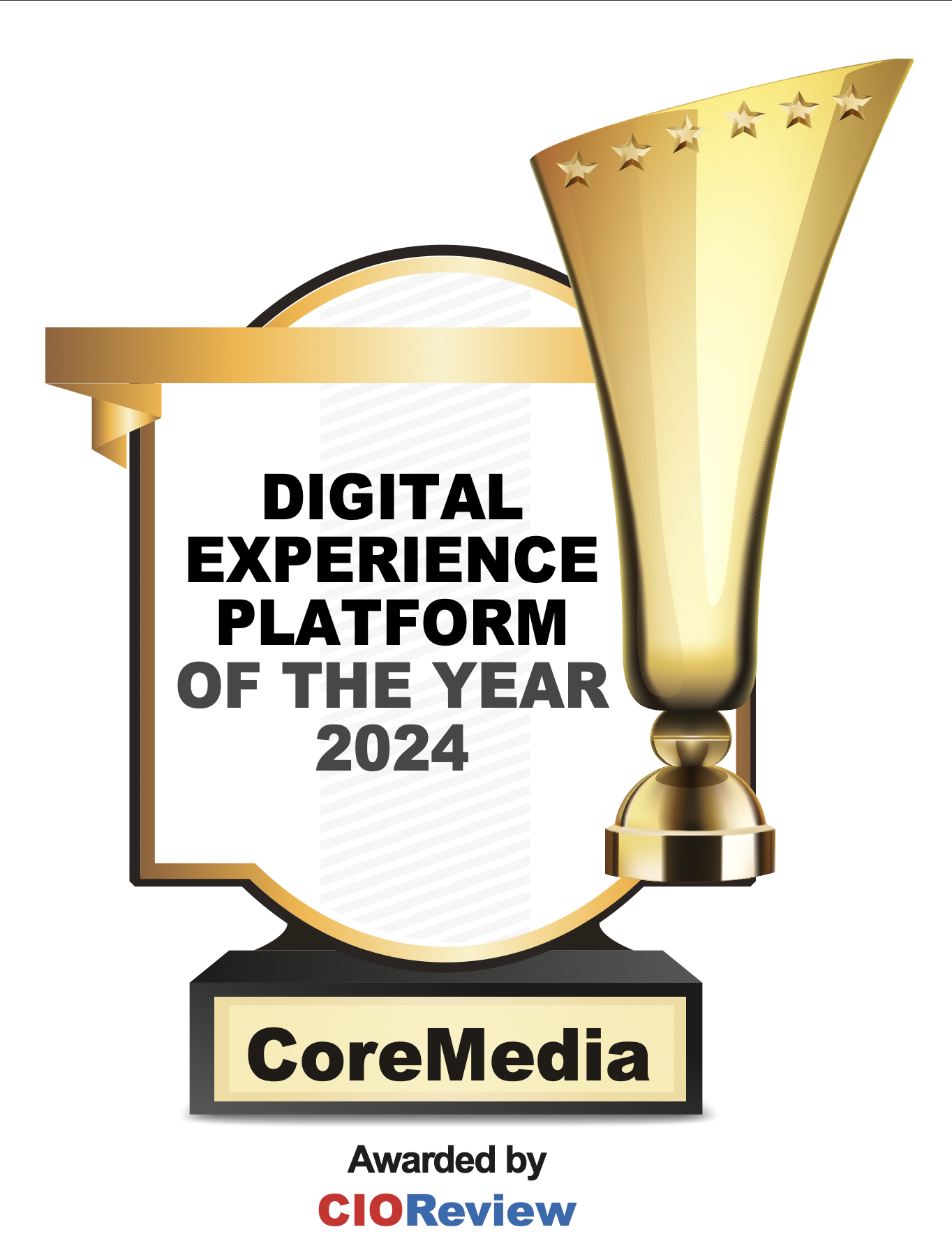This is not another boring blockchain article. At least I hope not.
Everyone is talking about blockchain, and there are many organizations experimenting with the technology, setting up internal think tanks or at least small teams to evaluate the technology. At the we’ve been talking a lot about how this might impact the CMS ecosystem. But has anyone come up with the killer use case yet?
What is Blockchain?
Blockchain is not the same as Bitcoin or any other cryptocurrency, even if that’s its origin. It’s an architecture that distributes a common ledger across multiple servers on the internet in a highly secure fashion.
Let’s take an example. Think of a bank. A bank is a central authority that manages money and stores the ledger (i.e. all bank accounts and the individual transactions) on some sort of central server, like a big database. You trust them to keep your money safe and ensure that everything is taken care of in a secure fashion. In a blockchain world, there is no bank, no central authority. The ledger is encrypted and distributed across hundreds of servers, and the blockchain takes care of making this highly secure. about this if you want to learn how this works in depth.
Trust.
This is the most important concept for blockchain. The technology works really well when you can decentralize trust, rather than trusting a central authority (like a bank, government, etc). That’s why cryptocurrencies are so popular, albeit they are — by definition — completely unregulated. Let’s dive into this a little further.
One use case that has been thrown around a lot is digital rights management. Managing digital rights of images or videos, for example - tracking the views, and being able to revoke rights - appears like a decent fit for Blockchain.
Kodak has tried exactly that with Sure, their stock went up 200% after the announcement (markets are silly), but is this a good idea? As a platform for digital rights management of photography, it is supposed to track usage and — via the coin — ensure that artists are being paid. Besides some obvious issues with this, as the points out, the biggest problem is that it doesn’t get the “trust factor” right.
With a cryptocurrency, the consumers of the technology don’t trust a central authority (i.e. the bank), and exchange funds and speculate in a completely decentralized and unmonitored yet secure environment. With digital rights management, the central authority (the rights holder or broker, in this case Kodak) doesn’t trust the consumers and wants to monitor them. I doubt this will see adoption.
Other great use cases for the technology— sadly not related to content — include anything that involves the trust factor as well as anything that closes contracts between parties. This includes legal negotiations, real-state transactions, insurance, etc. The list is long. Even tracking the appears to be a great match for the technology, eliminating bureaucracy and paperwork.
What about content related use cases though?
Fake News
“Fake News” is a topic that won’t go away any time soon. Likely it will get worse, as outlined by this great article in the Atlantic titled
It's clear that Facebook has Not only did they neglect the fact that they are the sole gateway to information for billions of people around the globe, they openly let anyone post anything, from established news outlets to Russian hackers, and let these sources target their audiences based on their data.
But why would you trust a central authority to manage access to content?
With Blockchain, authentic news articles could be posted and not be altered due to the security of the blockchain. The with this, claiming that:
“Innovative technologies, such as blockchain, can help preserve the integrity of content, validate the reliability of information and/or its sources, enable transparency and traceability, and promote trust in news displayed on the Internet. This could be combined with the use of trustworthy electronic identification, authentication and verified pseudonyms…”
Some companies are starting to build businesses around this idea (another good article on the ).
We’d love to see Blockchain lead to a more open and trusted flow of real information. Watch out for more…
